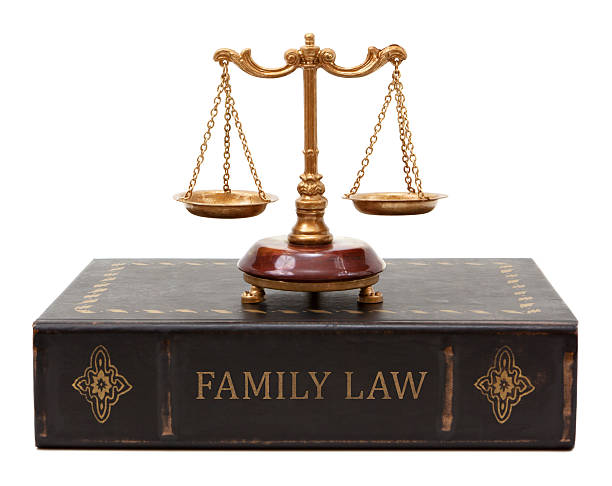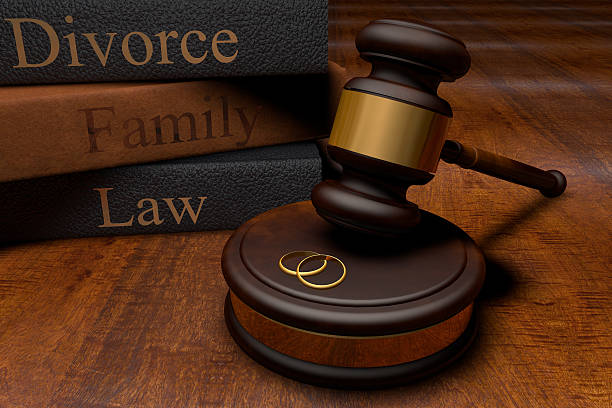This article will discuss testimonies family law as mentioned under Part IX Division 2 of the Family Law Act 1975. Witnesses in court proceedings are the ones responsible for providing testimonies. Testimonies are information about the legal matter at hand. We have published a blog about Section 102C which outlines how witnesses may give their testimony.
A person who saw a crime being committed, or is a victim of the crime, is considered a witness to provide testimony. They may receive a subpoena (an order that requires a person to attend court proceedings) from the court and state their testimony. The time witnesses are in court is indefinite and will always depend on the case.
Witnesses should bring any necessary documents, items, and pieces of evidence that the lawyer, police officers, and/or the judge may request. It’s important to know the legal provisions for providing testimonies family law matters. Read on to know more about these provisions.
Section 102D: How People Will Appear Before the Court?
Section 102D of the Family Law Act states that the court may direct a person to appear before them through:
- Video links
- Audio links or
- Other appropriate means
A party to the proceedings may also apply to appear before the court using the methods mentioned above. This section applies whether the person appearing is in or out of Australia. However, this section does not apply if the person appearing is in New Zealand. Part 6 of the Trans-Tasman Proceedings Act 2010 has provisions for people who are appearing in the court if they are in New Zealand.
Section 102E: Submissions Regarding Testimonies Family Law
Section 102E states that the court may direct a person to make a submission to the court through video links, audio links or other appropriate means as well. A party to the proceedings may also apply to make submissions using these methods.
This section applies whether the person making the submission is in or out of Australia. However, this section does not apply if the person making the submission is in New Zealand. Part 6 of the Trans-Tasman Proceedings Act 2010 has provisions for people who are making submissions in the court if they are in New Zealand.

Section 102F: Conditions for Use of Links
It’s important to discuss conditions for using audio and video links and other appropriate means. Below are the conditions for these methods used in testimonies family law.
| Video Link | 1. The courtroom should have equipment that enables people in the courtroom to see and hear the person providing the testimony. For instance, Michael applied to provide his/her testimony through a video link to the court. Court A should at least have a television where they can play the video link. 2. The form of the video link. 3. Class of equipment or the equipment used to establish the video link 4. Layout of cameras 5. Standard and speed of transmission 6. Quality of transmission 7. Conditions under the applicable rules of court 8. Any other conditions that the court or judges impose |
| Audio Link | 1. The courtroom should have equipment that enables people in the courtroom to hear the person providing the testimony. For instance, Jessie applied to provide his/her testimony through an audio link to the court. Court A should at least have loudspeakers where the testimony audio can be heard. 2. Form of audio link 3. Class of equipment or the equipment used to establish the audio link 4. Standard and speed of transmission 5. Quality of transmission 6. Conditions under the applicable rules of court 7. Any other conditions that the court or judges impose |
| Other Appropriate Means | The court will only allow the usage of other appropriate means in the courtroom unless the conditions are prescribed under: 1. The applicable rules of court 2. Any other conditions that the court or judges impose |
Section 102G: Putting Documents to a Person
It is necessary to put a document to a person when discussing testimonies family law. These persons referred to in this section are those undergoing examination or appearance through video links, audio links, or other appropriate means. However, a court or judge will only direct or allow the document to be put to the person if:
- The document is physically present in the courtroom or in any other place where the court or judge is sitting. This document is then transmitted to the place where the person is located and causes the person to get the transmitted copy.
- The document is physically present in the place where the person is located. This document is then put to the person and causes a copy of the document transmitted to the courtroom or other place where the court or judge is sitting.
Section 102J: Administration of Oaths and Affirmations
Section 102J sets out provisions about a remote person’s (the one providing testimonies through video links and audio links) oaths and affirmations regarding testimonies family law. Remote people should provide their oaths and affirmations as if they were in a courtroom or other place where the court or judge is sitting. People may also provide their oaths and affirmations if the court or judge allows another person who is present with the remote person to administer the oath and affirmation.
Section 102K: Expenses in Testimonies Family Law
The court or judge may make orders that they think are just for the payment of expenses regarding the:
- Giving of testimony through video links, audio links, or other appropriate means
- Appearance of a person through video links, audio links, or other appropriate means
- Making of submissions through video links, audio links, or other appropriate means
Section 102J: New Zealand Proceedings
Part IX Division 2 does not affect the operation of the Trans-Tasman Proceedings Act 2010. This Act covers issues including the:
- Service of Australian initiating documents in New Zealand
- Granting of interim relief by Australian courts in support of civil proceedings in New Zealand courts
- Issuance and service of Australian and New Zealand subpoenas
- Remote appearances in Australian and New Zealand courts and tribunals
- Recognition and enforcement of New Zealand judgments in Australia

Importance of Seeking Legal Advice
It’s important to seek legal advice regarding testimonies family law, especially for people who are providing their testimonies. Drafting a testimony is difficult, regardless of whether the testimony is provided in person or remotely.
JB Solicitors’ can aid in providing testimonies in family law matters and represent witnesses in court as well. We can also provide mediation and arbitration services for parties who want out-of-court resolutions.
Contact us today for more information about testimonies in family law matters.
